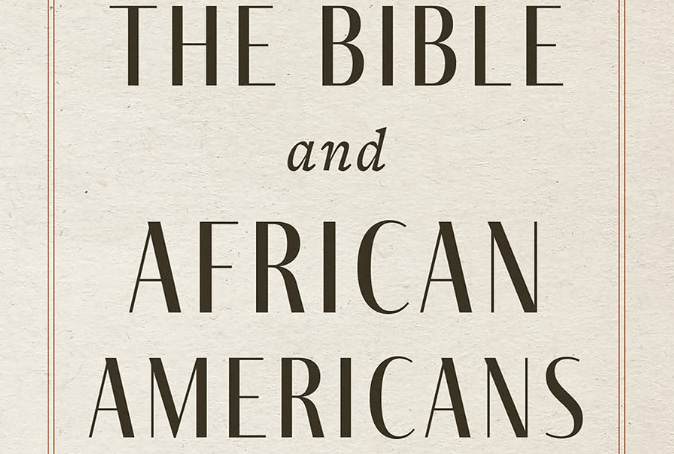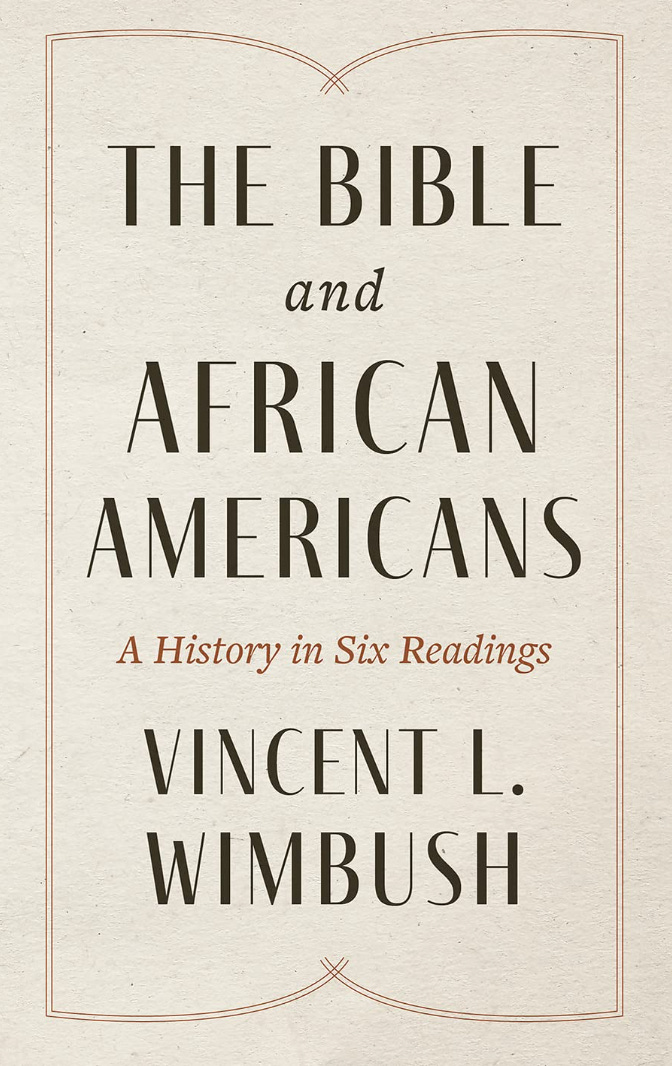I came of age as a professor in the mode of the historical-critical and historical-grammatical methods of studying the Bible. That is, I was taught to examine the text in its original language in its context, and thereby to subject theological dogmas to the scrutiny of text in its historical context. People discussed things like the intention of an author and whether it could be known, but by and large scholars believed that they could come to terms with the author’s intention, as revealed in the text, in its historical context.
This all came crashing down with a battery of methods that challenged not only our capacity to know an author's intention, but the impact of our subjectivity on the text and interpretation. One can find much of this astir in the 80s.
One of the boldest approaches, subsequent to the historical-critical method, was what one scholar, A.C. Thiselton, called socio-pragmatic studies. This approach accused the standard historical-critical method of a subjective bias, based upon white Euro privilege. It was. That, because of its bias, the method was a long way from its claimed objectivity. Objectivity itself was tossed into the flames.
What survived was the admission in the postmodern world of subjective bias, and that inevitable bias deserved a place at the table. One of the methods, of course, was feminist criticism. Women in the feminist mode demonstrated the male bias of ancient texts and modern constructions of the ancient world. We learned immensely from feminist criticism. And still do.
We also learned immensely from African American hermeneutics. A new book, which officially resurrects the old Facet series from Fortress Press, comes from Vincent L. Wimbush, The Bible and African Americans: A History of Six Readings. Don't be fooled by the brevity of this book. It is a stunning sketch of the significance of the Bible among African Americans. I will do two or three posts about this book. I want to begin today with a long quotation, slightly reformatted, that illustrates the multi-variant impact and pragmatic use of the Bible among African Americans.
Think of the myriad ways in which the Bible daily intersects with African American culture.
The preacher’s lyrical enunciation of a passage from it forms the pretext for her Sunday morning sermon.
Another preacher’s use of excerpts from it is part of his class study of women's roles and codes of behavior in church and society.
The youth’s perfectly memorized recitation of it becomes part of special Sunday school exercises.
The mass choir’s moving and rhythmic representation of favorite stories from it forms jazzy gospel tunes.
Its critical-prophetic stings are recalled by the lyrical jeremiads of the street preacher in the middle of the financial district.
A carefully chosen anthology of passages from it is distributed in leaflets to crowds trying to negotiate the sidewalks along 125th Street in Harlem.
The megaphone blasting of certain passages from it sounds a rhetorical cascade of denunciations of the world and of certain social demographics in particular coursing through Times Square.
The hip-hop artist interprets parts of her dramatic life story in terms parallel to one of its stories.
It is a source of healing and a predictor of fates and fortunes in spiritualist churches.
The everyday glosses on passages from it, the free invention of sayings and stories and the imputation of such materials to it occur in the Barber shops, beauty parlors, buses and subways, sports events, front porches, bars and clubs, restaurants, St. corners. They provide persuasive comments on the foibles, tragedies, paradoxes, the successes and failures, the ordinariness and the extra-ordinariness of life.
These contacts with the Bible are fertile ground. The Bible pervades the African American community more than America’s dominant culture community.
Reading 1: African Sensibilities as the Center of the Circle: First Contact.
The first contact begins in Africa with Europeans who comes as missionaries with the gospel of individual salvation but who eventually come to dominate and to enslave. For the missionaries, the Bible was the Word of God. That is, God came to them in a book, “European sacred cargo.” But why would an African think God needed to be contained and constrained by a book when they believed in the pervasive sacredness of creation and the presence of God in all things?
Africans responded “with a mixture of awe and respect, befuddlement and contempt.” All at the power of the Europeans, befuddlement at the construction of God to a book. “Neither culture groups could, in this early period of contact, understand and penetrate the others’ worldviews.” Something happened right then and there: “with the mixed or even negative first stage reaction to the European wielding of the Bible, a deep divide – a certain kind of clash of worldviews – occurred.”
But instead of radical and total separation, a dialogue of sorts began.






I appreciate this short beginning and look to read what else you will bring to the table about this important perspective to reading the Bible. I also of course will read this book for myself.
Thank you Scott this is very interesting to me .